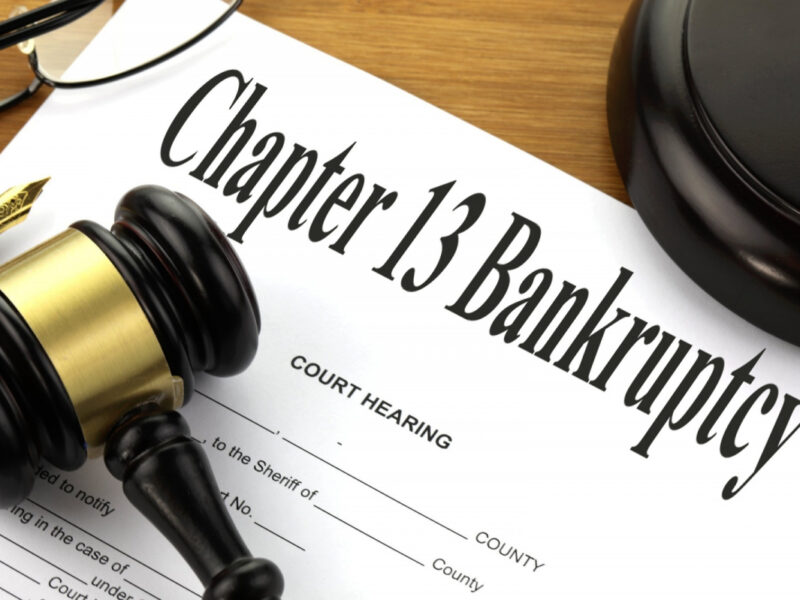The biggest difference between a Chapter 7 and a Chapter 13 is that in a 13 you repay a portion of your unsecured debt. In a Chapter 7, your unsecured debt is discharged.
The 3 primary reasons why people file Chapter 13 are as follows:
1. Their household income exceeds the median income for their county;
2. They have assets with values that exceed the exemption allowances; or.
3. They are behind on their house mortgage and want to catch up on their arrearage over the term of the plan.
Chapter 7 is typically referred to as “dissolution.” If you search the internet you will find a bunch of articles that state that you have to liquidate your assets – which is totally false. If you file a Chapter 7, you don’t have to liquidate your assets. Most people keep everything that they own by virtue of the exemption allowances. The only time you have to consider liquidating or selling an asset is if that asset exceeds the exemption allowance for that particular asset type.
An exemption is a monetary (dollar amount) allowance in real and personal property that protects your property from your creditors. The exemption allowance can relate to the actual value of an asset or it can relate to accumulated equity in an asset.
If you have equity in your house, you are entitled to exempt $21,625 in equity. You are entitled to exempt $3,450 of value or equity in your car and $11,525 of value or equity in your household goods and furnishing. You even get to keep up to $1,171,650 of your IRA or 401k. There is also a “wild card” exemption that allows you to exempt any asset like cash or a paid off car or a motorcycle.
Call me today for a free consultation and let your financial healing begin. Don’t suffer in silence.
